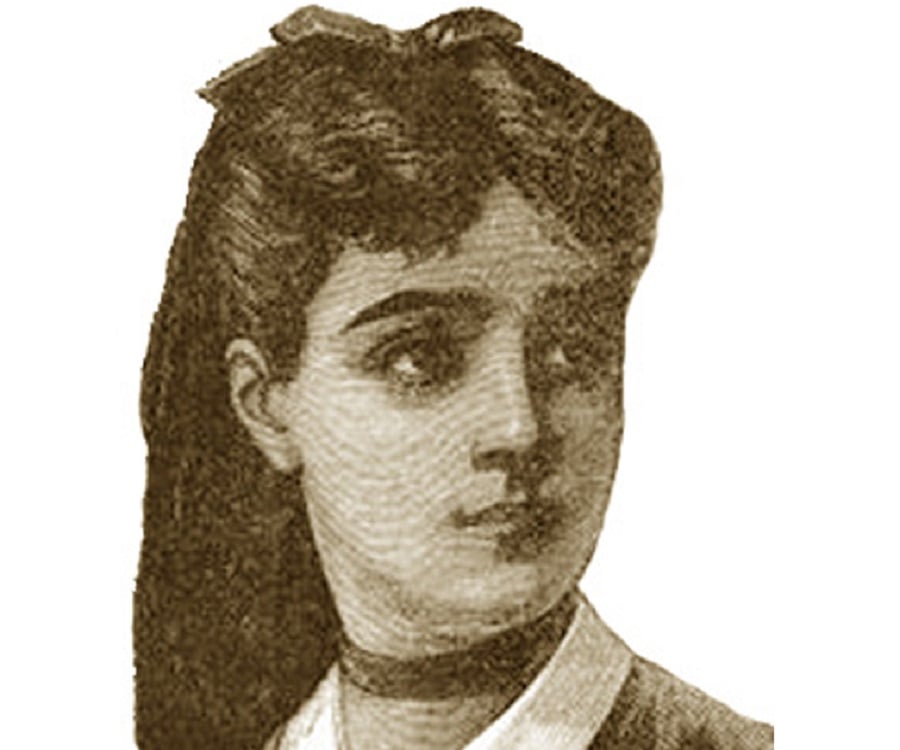
Later in life, as the Napoleonic Wars broke out across Europe, Gauss staunchly supported the German monarchy and condemned the revolution and condemned Napoleon as an insurgent. As a result of the Wars, Prussia became a superpower in Europe leading to an even greater upswing in national pride.

This nationalistic attitude likely affected how Gauss approached his career - he was a very independent worker, which may have been sparked as an outgrowth of the national pride. In his life, he was very reluctant to work with others - especially non-Germans. He also took very few students, and all of his most famous students (Bernhard Riemann, Peter Gustav Lejeune Dirichlet, Moritz Cantor, August Ferdinand Möbius) were all German. One of Gauss's only foreign correspondents was Sophie Germain, a French mathematician. Gauss wholeheartedly supported Germain and recommended that she receive an honorary degree for her work in number theory. But, due to prejudice at the time, this request was never honored and she never received her degree and much of her work went unrecognized in her lifetime.

No comments:
Post a Comment